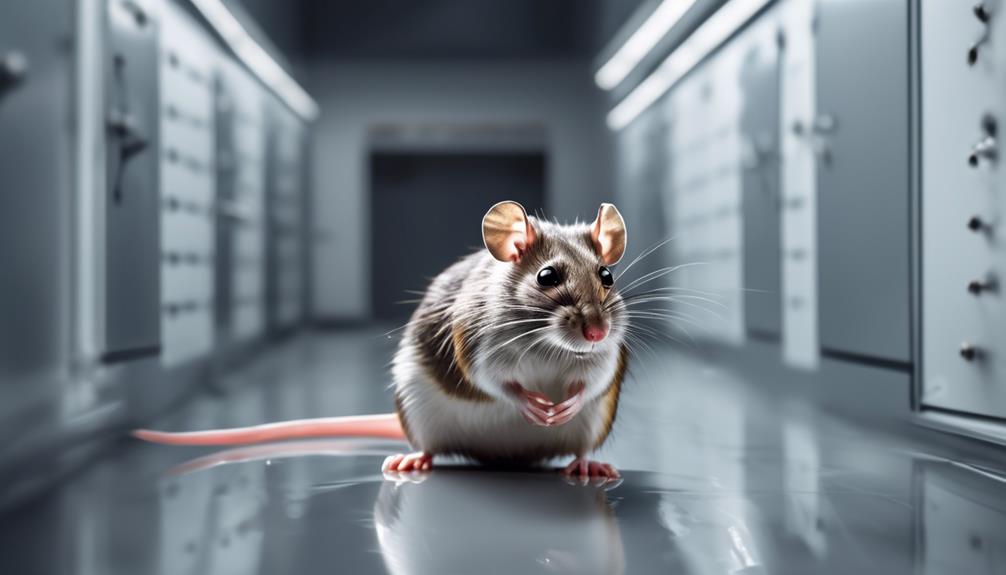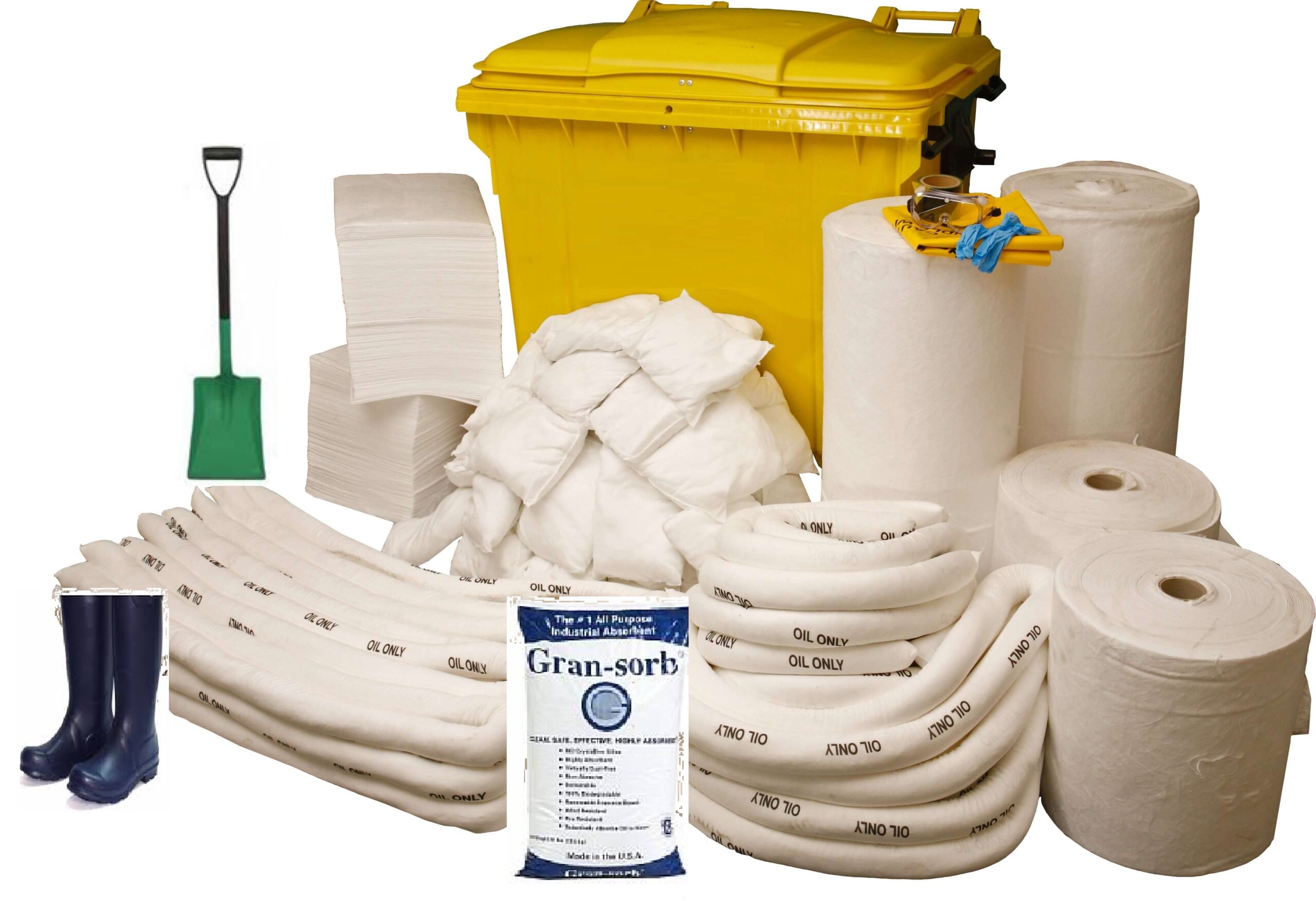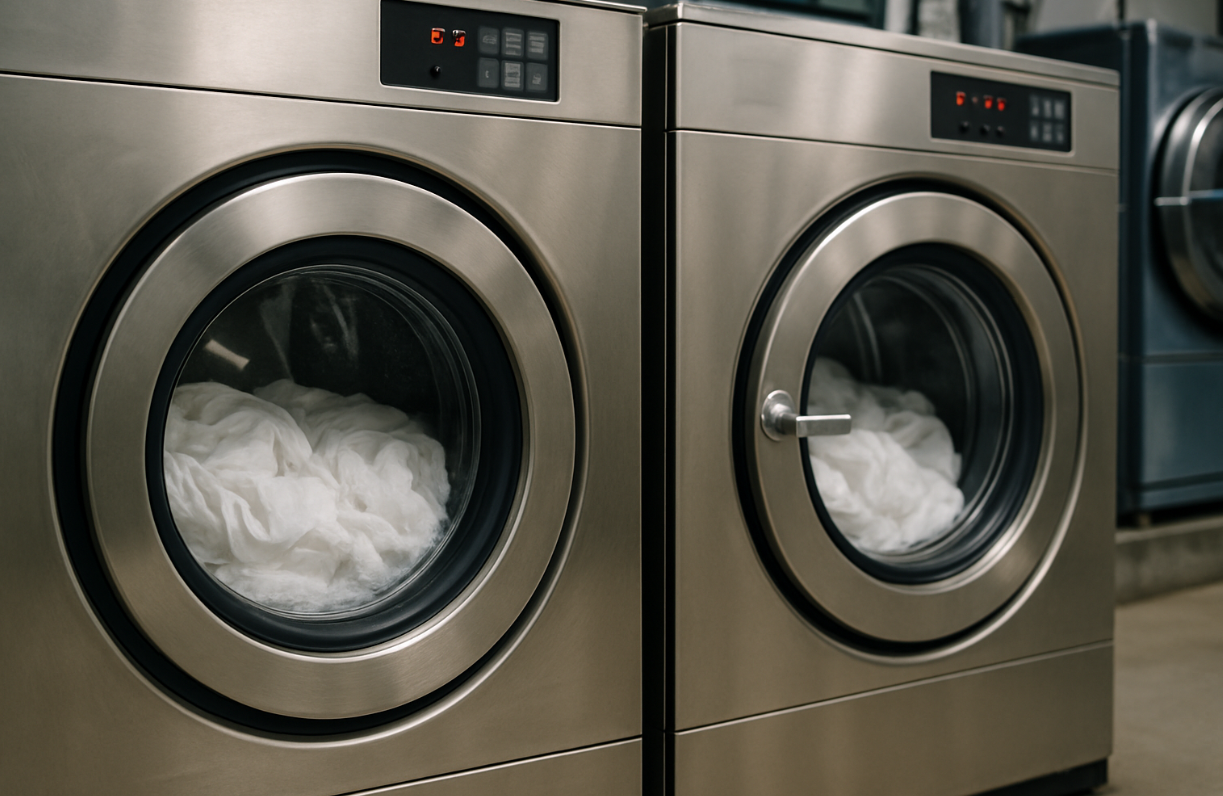
Homeowners and apartment dwellers alike often find themselves dealing with unwelcome guests in the form of household pests. From ants invading kitchens to mice hiding in attics, these pests can cause significant distress. Thankfully, there are practical steps to keep pests at bay throughout the year. This guide provides comprehensive advice on how to manage and prevent infestations, ensuring a pest-free home.
Keep Your Home Clean
Maintaining a clean home is the first line of defense against pests. Regularly sweeping, mopping, and vacuuming removes crumbs and food particles that attract insects and rodents. Wipe down kitchen surfaces after meals and avoid leaving dirty dishes in the sink overnight. Cleanliness extends to areas like under appliances and behind furniture, where pests often hide. Don’t forget to take out the trash regularly and ensure garbage bins are tightly sealed to prevent pests from foraging for food.
Seal Entry Points
Pests often enter homes through small gaps and cracks. Inspect your home for potential entry points, paying attention to areas around windows, doors, and utility pipes. Use caulk to seal cracks and install weather stripping around doors and windows. For larger gaps, consider using steel wool or hardware cloth. Additionally, repair damaged screens on windows and vents to keep insects out while allowing proper ventilation.
Manage Moisture Levels
Many pests, such as cockroaches and silverfish, thrive in moist environments. To deter these intruders, address any moisture problems in your home. Fix leaky pipes and faucets promptly, and use dehumidifiers in damp areas like basements and bathrooms. Ensure proper ventilation in these spaces to reduce humidity levels. Regularly check and clean gutters to prevent water from accumulating near the foundation, which can attract pests. For persistent issues, consider consulting pest control companies to help manage and prevent infestations.
Store Food Properly
Proper food storage is essential to keeping pests away. Store dry goods like cereals, rice, and pasta in airtight containers. Keep fruits and vegetables in the refrigerator or covered on the counter. Pet food should also be stored in sealed containers when not in use. Clean up spills and crumbs immediately to prevent attracting ants and other insects. In the pantry, rotate food supplies to ensure older items are used first and regularly check for signs of pests.
Maintain Your Yard
A well-maintained yard can significantly reduce the risk of pest infestations. Trim shrubs and trees away from the house to eliminate bridges for pests to enter. Keep the grass short and remove any debris or leaf piles where pests can hide. Store firewood at least 20 feet away from the house and elevated off the ground. Ensure that outdoor garbage bins have tight-fitting lids to keep pests from rummaging through them.
Address Pest Problems Promptly
Ignoring pest problems can lead to larger infestations that are harder to manage. At the first sign of pests, take action immediately. Set traps or use bait stations for rodents, and insecticides for bugs. If these measures are not effective, consider seeking professional pest control services. During a particularly stubborn ant infestation, Paffy’s Pest Control provided expert assistance, effectively eliminating the problem and offering tips to prevent future occurrences. Trusting experienced professionals can save you time and ensure the problem is resolved thoroughly.
Use Natural Deterrents
Natural deterrents can be an effective way to keep pests at bay without relying on harsh chemicals. Essential oils like peppermint, eucalyptus, and lavender can repel insects. Create a simple spray by mixing a few drops of essential oil with water and spraying it around entry points and high-traffic areas. Diatomaceous earth is another natural option that can be sprinkled around baseboards and in crevices to kill insects. For rodents, placing cotton balls soaked in peppermint oil near entry points can deter them from entering your home.
Conduct Regular Inspections
Regular inspections are key to catching pest problems early. Periodically check for signs of pests, such as droppings, gnaw marks, or damage to food packaging. Look for evidence of nests or burrows around the exterior of your home. Pay attention to unusual sounds, like scratching in the walls or attic, which may indicate a rodent problem. By being vigilant and proactive, you can address issues before they escalate into major infestations.
Keep Pests Away for Good
Preventing household pests requires a combination of cleanliness, maintenance, and vigilance. By following these tips and being proactive, you can create an environment that is uninviting to pests. Remember, professional help is always available if needed. Taking these steps ensures a comfortable and pest-free living space year-round.










